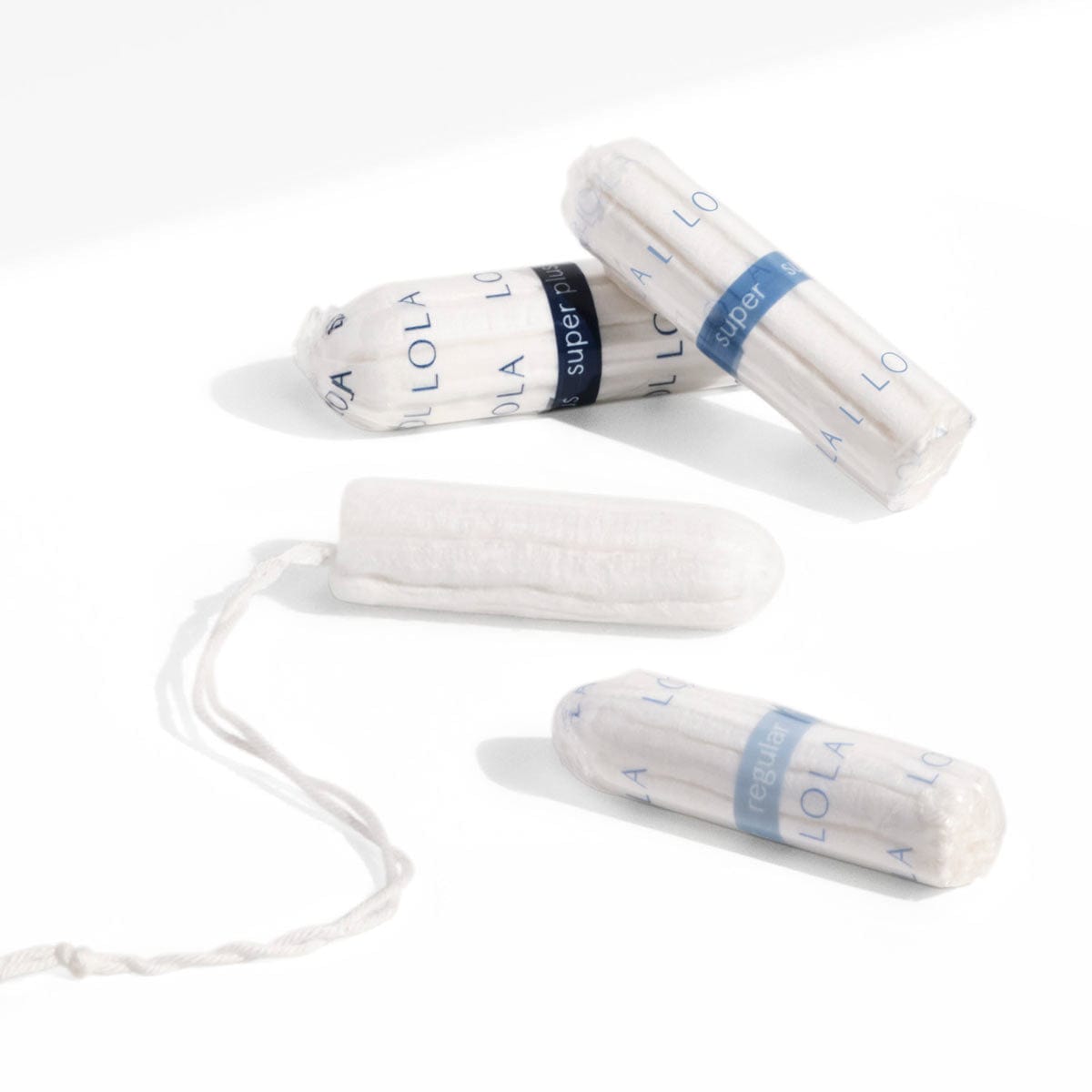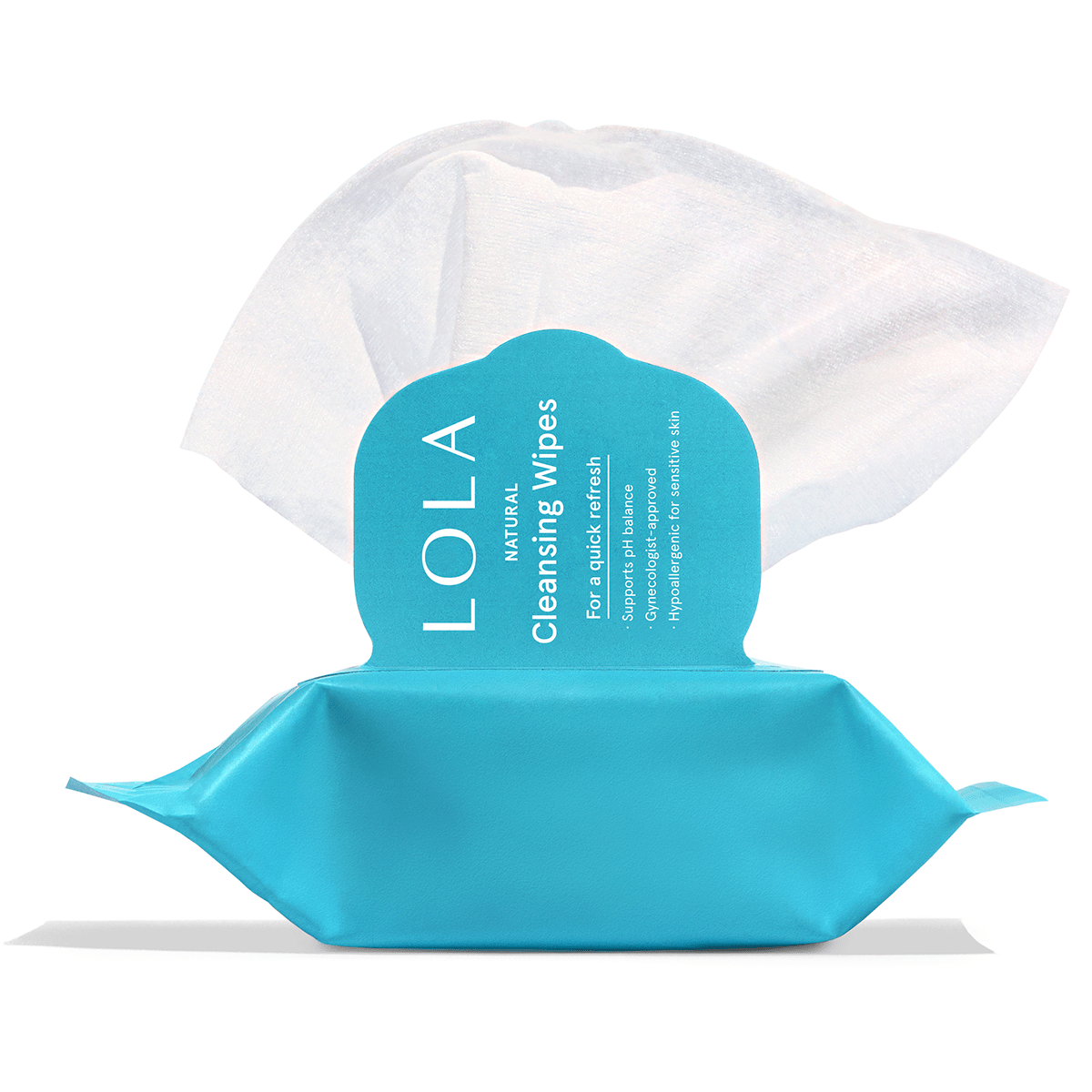Circumcision is a surgical procedure that removes the foreskin that covers and protects the head of an infant's penis. (The procedure is most commonly performed on newborns, though it is possible " albeit more complicated " to have it done later in life.) In the United States, male circumcision rates hover around 77 to 80 percent on average. Since uncircumcised penises are in the minority, there's no shortage of myths and stories about how this impacts sex.
When an uncircumcised penis is erect, the foreskin will generally retract to reveal the head. For a circumcised penis, the head is always visible. But appearances aside, are there actually any differences between the two when it comes to sex drive, performance, and health? Here's the full rundown.
Sex drive and performance
The short answer: circumcision doesn't affect a man's sex drive or his ability to get it up. A 2013 review published in the Asian Journal of Andrology analyzed ten different studies " encompassing a total of 9,317 circumcised and 9,423 uncircumcised men " that observed whether or not circumcision impacted male sexual functions.
Across the sample, there were no significant differences in sexual desire, premature ejaculation, erectile dysfunctions, orgasm difficulties, or ejaculation latency time (the amount of time it takes until orgasm).
Sensitivity
This one's still up for debate. In 2007, researchers investigated how circumcision impacts penis sensitivity. The scientists learned that the glans (or head) of the circumcised penis is less sensitive to fine touch than the glans of the uncircumcised penis. These findings held true when controlled for age, location of measurement, type of underwear worn, and ethnicity. Later in 2013, another study arrived at similar conclusions.
But more recently, studies show there may be no difference in sensitivity between circumcised and uncircumcised penises. A 2016 experiment conducted by the American Urological Association found there was zero difference in penile sensitivity between the 30 circumcised and 32 uncircumcised men observed. The authors concluded, "Findings suggest that minimal long-term implications for penile sensitivity exist as a result of the surgical excision of the foreskin during neonatal circumcision."
Hygiene and STIs
Circumcision has been shown to prevent some sexually transmitted infections. When men are circumcised, they're less likely than uncircumcised men to get HIV from their HIV-positive female partners. Here's why: the inner lining of the foreskin has more of the cells that HIV infects compared to other areas of the body, thus making it more susceptible to contracting the infection. Lastly, HIV may be able to survive in the space between the foreskin and the penis.
The Mayo Clinic adds that in addition to certain STIs, urinary tract infections (UTIs) and penile cancer are less common in circumcised men.
Maintain optimal hygiene and protect against infections with our gentle pH balanced vaginal wash and cleansing products. Shop Vaginal Health Products
Male circumcision and female sexual health
One review says that male circumcision reduced the prevalence of high-risk human papillomavirus (HPV) in their female partners by 28 percent. The same authors note that aside from HIV and HPV, circumcision does not reduce the risk of non-ulcerative STIs like chlamydia, gonorrhea, and trichomoniasis (those that do not cause ulcers).
On the other hand, the authors agree that there is evidence that circumcision can reduce the acquisition of ulcerative STIs like herpes and syphilis. Circumcision is also shown to help prevent bacterial vaginosis (BV).
Ultimately, the best STI prevention strategy is to use sex protection every time you have sex, regardless of your partner's circumcision status. Condoms are highly effective at preventing HIV and other STIs (though it's important to note that they cannot prevent against all STIs, like those passed from skin-to-skin. Male condoms have a failure rate of 18 percent with typical use, and 2 percent with perfect use).
Lastly, as you might have guessed, mo' skin means mo' to clean. To prevent bacterial infections like BV, it's important to make sure your partner is thoroughly washing their genitals with a gentle soap and water. This means pulling the foreskin back and washing underneath it.
Helpful tips
We love this scene from the movie Bad Moms, in which Kathryn Hahn uses Kristen Bell's body and sweatshirt to explain how to pull the foreskin back of a male with an uncircumcised penis.
"Depending on the guy, the size of his foreskin, and his personal preference, he may want to retract his foreskin when he puts on a condom," explains Planned Parenthood. "The foreskin retracts during erection in most guys. Other guys prefer to keep their foreskins from retracting during sex because the glans underneath may be too sensitive."
In other words, it's all about personal preference. So, if you're the one putting on the lubricated condom, simply ask your partner for their preference.
Get expert advice on maintaining sexual health and preventing infections. Download our FREE Sexual Wellness Guide Today.
So, back to the original question: does circumcision matter when it comes to sex? "Either way is normal and healthy " there is no "˜better' or "˜worse' option," says Planned Parenthood. Whether they're circumcised or uncircumcised, always protect yourself by using a condom.
Subscribe to our amazing condom subscription box!













